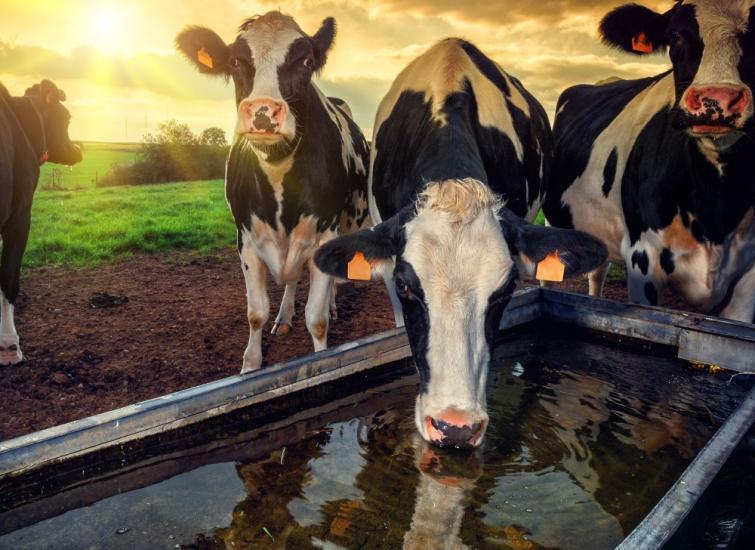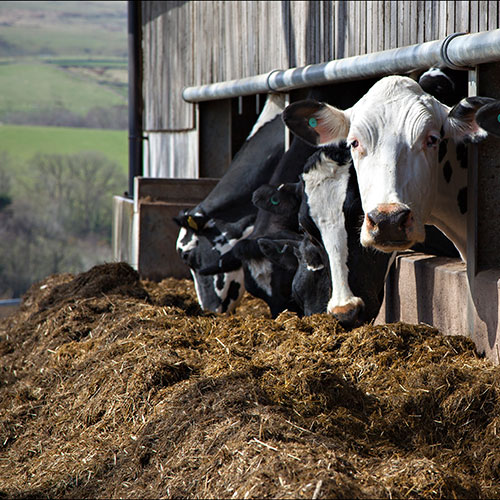"Since working with Advanced Robot, milk yield increased significantly from 29 to 35 kilograms, but milk solids have also been sustained at 4.6% butterfat and 3.4% protein, with total milk solids at 2.73 kilograms sold."
Short Term Tips to Prevent Heat Stress
We give a brief insight into the short term practical steps to reduce the impact of high temperatures across this heat wave.

With many areas of the country having temperatures reach up to 24°C this week and last and temperatures rising in the coming months, this is a definite cause for concern for dairy cow health and performance - with a high risk of heat stress.
In the short term there are a few practical steps farmers can take to reduce the impact of these high temperatures:
- Feed early in the morning and later at night when temperatures are lower
- Avoid vaccinations in the middle of the day (fever response)
- Keep water troughs clean and ensure cows have a minimum of 10cm drinking space per cow
- Sodium Bicarb supplementation to help buffer the rumen
- Manage the fibre level in the diet – it is important to help reduce the risk of low rumen pH but produces a lot of heat in fermentation
- Consider the fat level of the diet – this can be used as a “low heat” energy source in the diet
- Ensure mineral supplementation is balanced to support the immune system and epithelial integrity
Heat stress can have a massive impact on cow health and performance. In terms of nutritional issues these could be:
- Compromised DMI
- Breakdown of tissue protein
- Loss of minerals
- Leaky gut
- Acidosis
- Inability to mobilise body fat
These factors are all in additon to the imapct of heat stress on lying times, milk quality, hoof health, transition health etc.
Please contact your local Ruminant Nutritionist at Advanced Nutrition if you have any issues regarding heat stress.
〈 BACK




